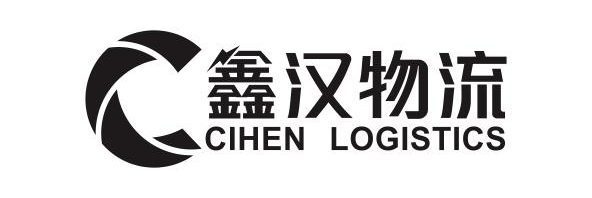1. The goods are sensitive goodsSome shippers are not professional logistics personnel, so they do not understand the rules of international logistics transportation, which makes it easy to consign some prohibited or sensitive goods.(1) Every country around the world has its own prohibited goods, such as drugs, firearms, ammunition, weapons, etc., which are all prohibited from entering the world. Almost every country prohibits the entry of animals, plants, meat, and books, such as the United States which prohibits the entry of Chinese herbal medicine; Milk and meat products are prohibited from entering the UK. Prohibited goods that arrive at the destination country’s customs will be detained or returned directly by the customs.(2) The goods are branded or infringing products: After these products enter the country, the customs will require a brand authorization letter. If not, customs clearance will be delayed, the customs will withhold the goods, and even order them to be returned directly.(3) The goods are sensitive goods such as powder, liquid, and charged: The probability of sensitive goods being inspected by customs is higher than that of ordinary goods, and the clearance time is longer than that of ordinary goods. These products are generally delayed during transportation.International logistics2. Freight forwarder operation errorWith the development of international transportation, there are more and more international freight forwarding companies, and the quality is also uneven. When we hand over the goods to the freight forwarding company for processing, the freight forwarding company will have logistics operators to handle and ship the goods. If logistics operators are not professional enough or make operational errors, it will have an impact on transportation.(1) Improper and incomplete filling of goods information: If the quantity of products is incorrect, the declared value does not match the actual value of the goods, it will attract the attention of customs and cause logistics delays.(2) Logistics transportation method: In order to save shipping costs and earn the price difference, freight forwarding companies choose logistics transportation channels with lower prices and longer transportation times.3. Customs inspectionAt the port of origin or destination country, customs will choose a certain proportion of containers for inspection according to their own policies, which will also cause logistics delays to a certain extent. The standard for inspection is random, known as “random customs inspection”, and usually depends on several factors, such as a country’s import and export policy, risk management, etc. Once customs inspection occurs, not only will transportation be delayed, but related fees will also be paid.4. Natural disastersDue to adverse weather conditions, ship delays often occur, such as typhoons and hurricanes every summer, which have an impact on ship transportation: when ships have to skip the port of call due to adverse weather conditions; When the ship is in the port but cannot leave due to adverse weather conditions.5. Port congestionThe destination port or port of origin is congested, which means the port is congested. For example, since the second half of the year, it has reached the peak of transportation, especially during various holidays, which can be like a traffic jam. There are too many ships, and they may not be able to pass for a while. Another issue is that some countries often experience strikes, which can also lead to port congestion.6. Reason for recipient(1) Not willing to pay taxes: The goods need to be taxed, and the taxes are too high or exceed the value of the goods themselves. The recipient is unwilling to pay the high taxes and does not pay taxes for customs clearance. The goods are stored at the customs until the clearance deadline is reached, and are auctioned or returned by the customs.(2) The recipient does not have relevant documents: for example, if the recipient does not have an import license, the recipient cannot provide the necessary customs clearance documents, resulting in delayed clearance of the goods.
